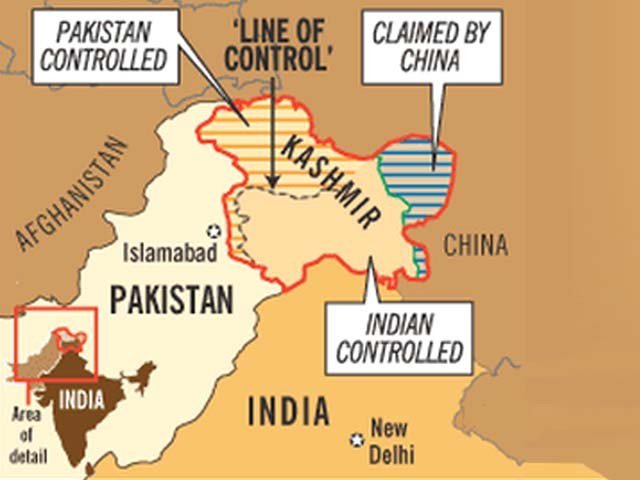The OIC’s position came in response to a recent press release issued by the Indian Ministry of External Affairs regarding the resolution adopted on Jammu and Kashmir by the 44th session of the OIC Council of Foreign Minsters (CFM) held in Abidjan, Cote d’Ivoire, in July 2017.
India has rejected the OIC resolution claiming the pan-Islamic body has no locus standi on the country’s internal affairs after the 56-member body demanded that New Delhi implement the UN resolutions on Jammu and Kashmir.
The OIC emphasized in a press release that the issue of Jammu and Kashmir is one of the oldest unresolved international disputes pending on the agenda of the UN and the OIC.
It said it has endeavored to engage with India to help in finding a peaceful resolution of the dispute, hoping that the OIC Special Representative on Jammu and Kashmir would be able to visit the Indian-controlled region for an objective and impartial judgment of the overall situation there.
It also urged the Indian Government to permit a delegation of the OIC’s Independence Permanent Human Rights Commission (IPHRC) to visit Kashmir to verify reported human rights violations there.
At the meeting of the OIC Contact Group on Jammu and Kashmir on July 10 on the sidelines of the ministerial session, its Secretary General Yousef A. Al-Othaimeen “highlighted the OIC’s activities in dealing with the question of Jammu and Kashmir”.
Al-Othaimeen also reaffirmed “the principled position of the OIC in fully supporting the people of Jammu and Kashmir in their struggle to achieve their legitimate rights, in particular the right to self-determination and human rights”.
Muslim-majority Kashmir has been divided since the partition of British colonial India into the dominion states of India and Pakistan in 1947. China also holds a small parcel of land.
The conflict in Indian-controlled Kashmir is basically a struggle for self-determination with residents of the region demanding a plebiscite while India rejects the call.
/106

